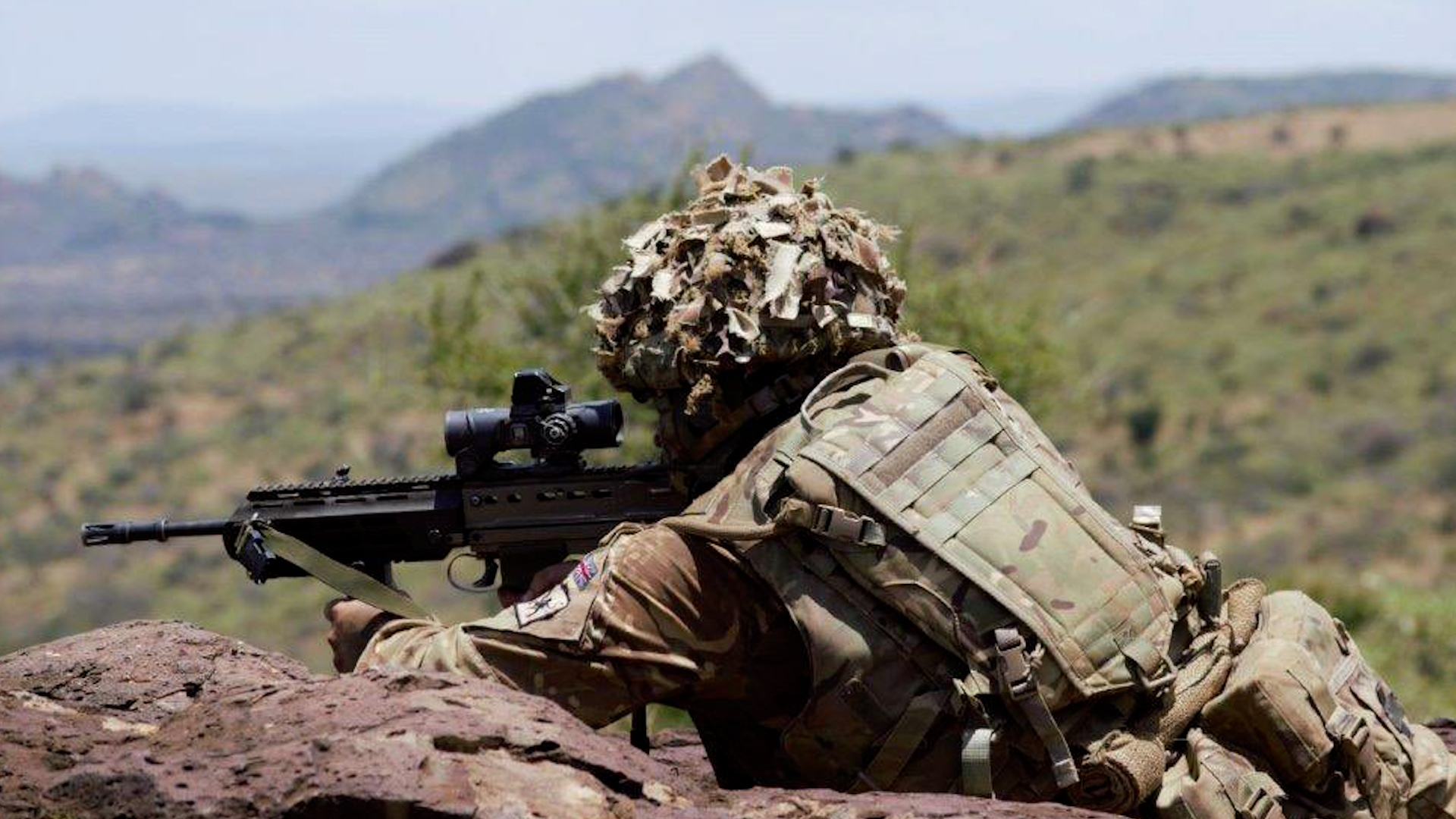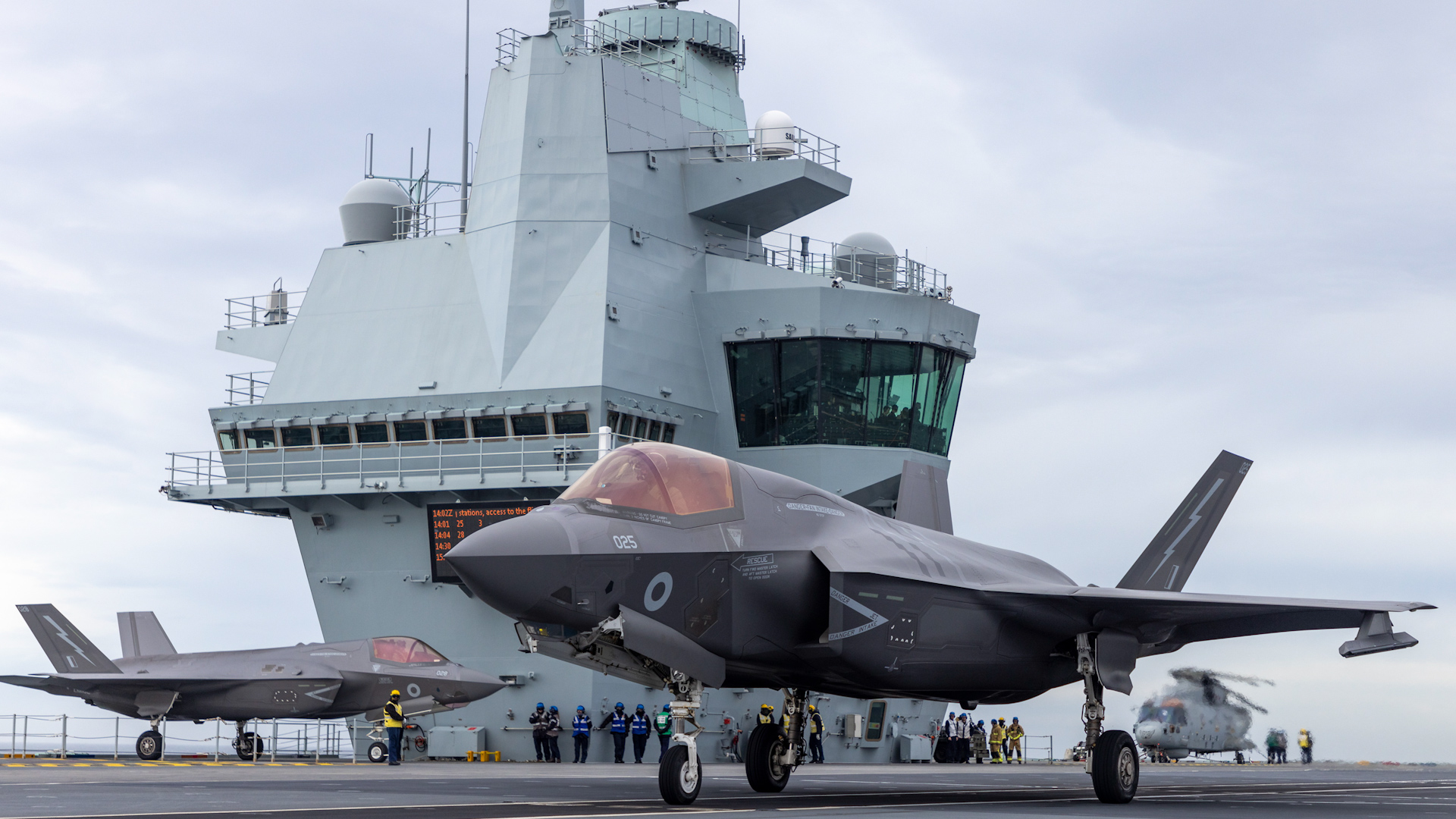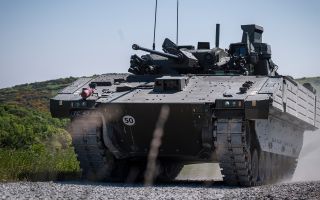
Lib Dems lay out manifesto aim to bring regular troop numbers back to more than 100,000

The number of soldiers in the regular Army will be brought back to over 100,000 if the Liberal Democrats win the general election, according to one of the party's manifesto aims.
The Lib Dems condemned the reduction that had taken place under the Conservatives, and said they would work to reverse the cuts, with a longer term ambition of having an Army more than 100,000-strong.
"Keeping our country secure should be the first priority of any government. We must always take defence seriously – and work with allies to protect all our freedoms," they said.
The party added: "The Conservative Government has been negligent in its approach to the defence of the United Kingdom. Cutting troop numbers by 10,000 is irresponsible.
"Their inability to procure assets on time and on budget is leaving our Armed Forces without the equipment they need. And their failure to look after service personnel and veterans properly – from suitable housing to mental health support – is unforgivable.
"The spectre of Donald Trump returning to power in the United States – and his lack of support for Ukraine and for Nato – should shake the UK and our European partners out of their state of complacency when it comes to the defence and security of our continent.
"It is time for the UK to lead within Europe on security, working closely with our democratic European allies so that we can support Ukraine, and each other, during peace and war."

Here is the Liberal Democrats' election manifesto on defence:
Liberal Democrats will strengthen our Armed Forces and support the people who work in them, and keep the UK free, safe and secure by:
:: Reversing the Conservative Government’s cut to the Army, with a longer-term ambition of increasing regular troop numbers back to over 100,000.
:: Maintaining the UK’s support for Nato, and accordingly increasing defence spending in every year of the Parliament, with an ambition to spend at least 2.5% of GDP on defence.
:: Securing a fair deal for service personnel and veterans.
:: Maintaining the UK’s nuclear deterrent with four submarines providing continuous at-sea deterrence, while pursuing multilateral global disarmament.
:: Controlling arms exports to countries with poor human rights records.

In addition, we will:
:: Legislate to ensure there is a parliamentary vote before engaging in military action, and support intervention only when there is a clear legal or humanitarian case, while preserving the government's ability to engage in action in emergencies with a retrospective vote or under treaty obligation.
:: Introduce a ‘presumption of denial’ for arms exports to governments listed as human rights concerns in the Foreign Office's annual human rights report.
:: Strengthen the Intelligence and Security Committee by giving it the power to decide what it publishes and when, and enabling the Houses of Parliament to elect its members.
:: Tackle long-standing problems in defence procurement, including by ensuring that procurement is part of a comprehensive industrial strategy to secure a reliable long-term pipeline of equipment procurements, which will strengthen the Army, Royal Air Force, Royal Navy and Strategic Command.
:: Support and promote the development of international treaties on the principles and limits of the use of technology in modern warfare.
:: Secure a fair deal for the armed forces community, and improve recruitment, retention and resettlement, by:
Strengthening the Armed Forces Covenant by placing a legal duty on the Defence Secretary and government departments to give it due regard.
Improving the standard of Ministry of Defence housing, including by reviewing maintenance contracts.
Waiving application fees for indefinite leave for members of the armed forces on discharge, and their families.
Accepting the recommendations of the Atherton Report on women in the Armed Forces.
Ensuring that military compensation for illness or injury does not count towards means-testing for benefits.
Establishing a 'Fair Deal for Service Personnel, Veterans and Families Commission'.
:: Work collaboratively with our democratic European partners and promote security, including through deterrence, by:
Strengthening cooperation with our Nordic and Baltic allies via the Joint Expeditionary Force.
Building on existing UK-French cooperation arrangements, including the Lancaster House Treaties.
Developing closer cooperation with EU agencies and member states over defence, intelligence and cyber-security.
Prioritising interoperability with Nato allies and other strategic partners.
Working more closely in the joint development of innovative defence technologies and procurement.
Seeking a defence and security agreement with the EU and its member states.
Continuing to work closely with our Five Eyes partners.









